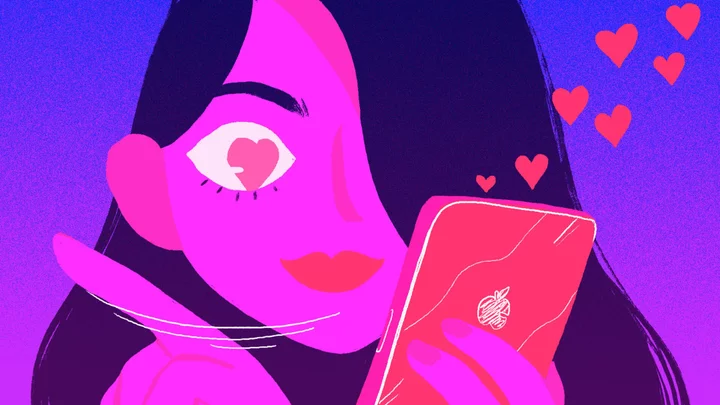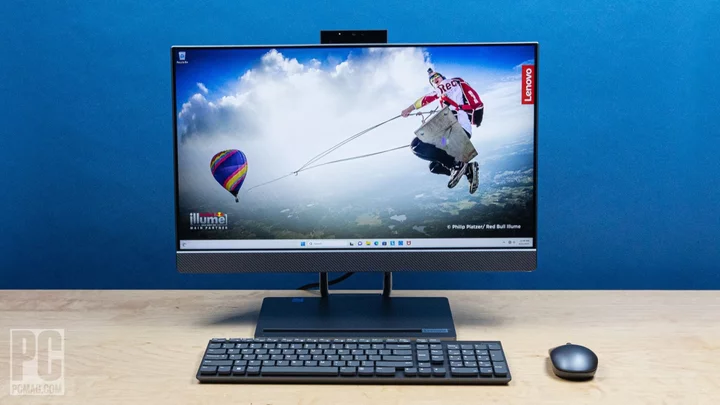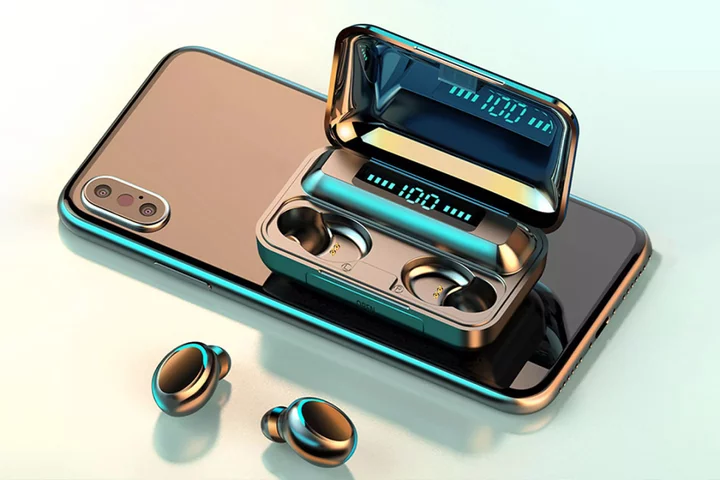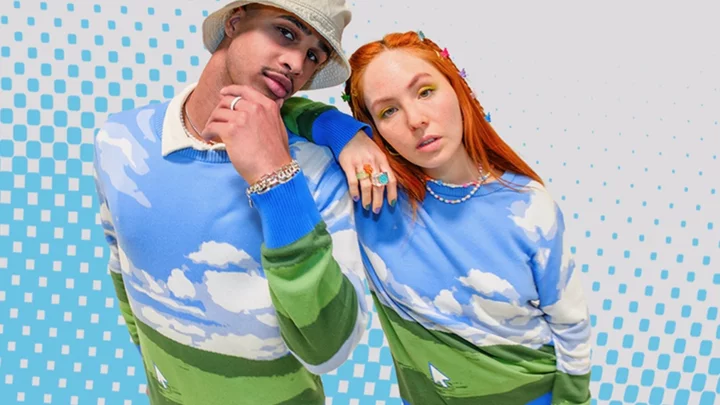You might’ve heard the saying that happy couples post the least about their relationships online. Yet in the same breath, if your relationship is noticeably absent in between posts of nights out with boys and overly posed gym selfies, perhaps there’s a reason why.
Technology has forever changed the landscape of relationships into an app-induced minefield. So, what are the rules for posting your partner online?
Should you hard launch or soft launch your new relationship? How many #couplegoals posts is too many? Should you delete the pictures of your holiday with an ex or keep them for the memories?
The beginnings and ends of our relationships nowadays are marked by digital acts, but our social media behaviour during our relationships can be fraught with insecurities and arguments, sometimes prompting us to question our partner's feelings for us.
SEE ALSO: How to stop grieving over lost time after a breakupCharlotte, 31, was with her ex partner for eight years. "He barely used social media at all so I wasn’t offended that he didn’t post about me." Since then, she has casually dated people but wouldn’t expect a hard launch until she was in a committed relationship. "If I was in a relationship I think it's shady if they post a lot but not about me,” she explained. “It seems like they are trying to appear single to talk to other girls. But I would only really expect that after being in a relationship for a while."
Want more sex and dating stories in your inbox? Sign up for Mashable's new weekly After Dark newsletter.
When it comes to social media, what do people want their partners to do? Bumble’s Love Unfiltered Report 2023 found that 27 percent of the over 1,000 respondents want someone they are dating to post about them on social media. A 2020 study by Krueger and Forest also found that people who shared their relationships online reported stronger feelings of connection to their partner.
Conversely, a different survey of 2,000 British people in relationships found that those who never posted about their partner online were most likely to report being "very happy" in their relationship compared to people who posted about it a couple times a year, once a week or three times a week. Northwestern University also found that those who posted more frequently about their partners felt insecure in their relationships.
"I don't want to be that cringey couple that posts. I'm a very private person."Bradley, 29, has been in a relationship for just over a year and admits he has only posted his girlfriend once on Instagram and a few times on Instagram Stories. "We’ve never had a proper argument but there have been some suggestive comments asking why I post my friends more than her," Bradley told Mashable. "I don't want to be that cringey couple that posts. I'm a very private person, I don't talk about my relationship much in real life with friends let alone sharing it online for everyone to see."
Because of how entangled social media is with our existences, there’s no escaping the fact that your approach your online presence as a couple does have a bearing on your offline relationship. It is not compulsory to share information about your love life online, but most people do. It’s the internet equivalent of dropping “my boyfriend” or “my girlfriend” loudly into conversation on a night out.
"People like tangible signs of commitment, hence why we still wear wedding rings," professor of sociology Ellen Lamont tells Mashable. "Posting becomes a public signalling of investment in the relationship."
SEE ALSO: 'Beige flags' are the TikTok dating trend that could ruin your love lifeMerging digital lives is seen as a stepping stone in a relationship, the same as meeting the parents or dropping the L bomb. The soft launch of an elbow sat across from you at a dinner table. A handle tagged almost two small to read in the corner of an Instagram Story. Posting your significant other on social media establishes weight to the relationship.
"People like tangible signs of commitment, hence why we still wear wedding rings. Posting becomes a public signalling of investment in the relationship.""Through media we can essentially control the story of our relationship that we put out there," Lamont tells Mashable. "What story or narrative do we want to tell the public about who we are as a couple? This allows us to highlight certain parts of our relationships over others, and we often romanticise our relationships in ways that don't reflect the full reality."
Of course, the reasons someone may choose to keep their relationship offline are myriad. They may opt to keep their public-facing platforms purely professional. They may rely on their single social media presence for monetization. In the past few years, ‘offline partner’ entered our digital lexicon. Gen Z is known for keeping their personal life offline more so than millennials so it's no surprise many young people may want to keep their romantic life off the grid.
"Potentially this can be hard for others who then compare the full reality of their own relationships with the idealised version that others put out there and may feel like they are falling short as a result," explains Lamont
Online we are often bombarded with content of what the ‘ideal’ relationship should look like. This can put a lot of strain on relationships — at least until you remember that the TikTok couple had to set up a tripod to film themselves cuddling on the sofa.
However, there's a blurred line between keeping your relationship offline and projecting an image of yourself as single. It's the equivalent of taking your wedding ring off before going to a bar. If someone posts about every other facet of their life or if their partner is noticeably absent, it is natural to feel a little suspicious.
At one point, Charlotte and her ex-partner were doing long distance while he lived in Milan, Italy. "I noticed that he had hidden his relationship status on Facebook." Mutual friends asked Charlotte if she and her partner had split up — which they hadn’t. "When I asked him about it he denied ever having his relationship status on Facebook, even though I was sure he did."
"I noticed that he had hidden his relationship status on Facebook."Another time, Charlotte went to post a photo of the pair of them on social media. "He asked me not to tag him in it. When I asked why he stumbled over his words and said it was because he didn’t look good in it," she told Mashable. "He was acting very suspicious about it, definitely because he was cheating on me. We then split up two months later."
It can be easy to dismiss the desire to be posted online by a partner as ‘performative’ and ‘not a big deal’. However, if you peel back a few layers, the root cause of the issues — insecurity, self-doubt, a need to feel loved — are not new relationship worries. Asking your partner to post you on Instagram can feel humiliating, but the likelihood is it’s coming from a deeper place that your relationship will do better for unpacking.
"People interpret posting about a partner on social media as a signal — the action of posting is signalling commitment, interest, love. So some may assume the opposite to be true when a partner doesn't post about them," says Lamont. "People have different orientations to social media. Some may like it and find it important and others may feel like it's performative or an invasion of privacy. This is no different than anything else in a relationship — people should discuss their desires and needs, consider dealbreakers, and then compromise when they feel they can."
Every relationship is unique and there’s no one size fits all for posting your relationship online. Researchers at Carnegie Mellon University and the University of Kansas found sharing information online can do more harm to romantic relationships than good. They did, however, find a way to counteract its negative effects.
If you often post about your life, you may as well throw a mention of your partner in there, too.









